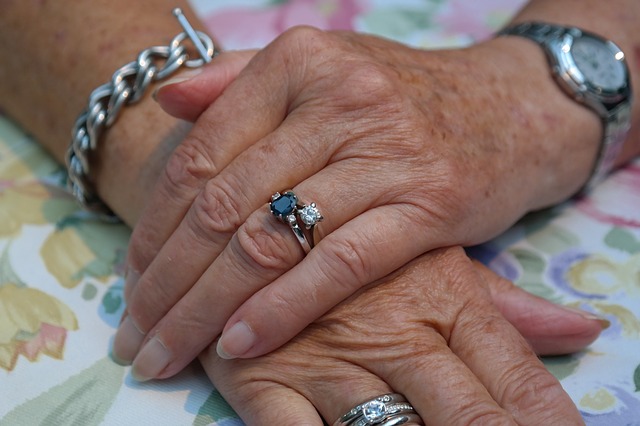Early detection of Parkinson’s and Alzheimer’s disease may be as straightforward as testing patients’ skin, according to new research from scientists at the University of San Luis Potosi, Mexico. The proposed technique would look for abnormal proteins – the same ones found accumulating in the brains of patients with neurological diseases – in skin cells. The work is still in its early stages but could help increase early diagnosis tenfold and prevent brain tissue loss in countless patients, vastly improving their prognosis and quality of life.
For years, researchers have been looking for suitable biomarkers in the human body (molecules in blood or exhaled breath, for example) that can be measured to accurately signal if a disease or disorder is present.
Dr. Ildefonso Rodriguez-Leyva and his colleagues at the University of San Luis Potosi believe that skin may contain the biomarkers they need for uncovering hidden brain disorders. Skin, Rodriguez-Leyva explains, has the same origin as brain tissue in a developing embryo and might, therefore, be a window into the brain’s health at a molecular level later in life. His hypothesis is confirmed by post-mortem studies of Parkinson’s patients which revealed the same protein deposits found in both their skin and their brains.
To test if the post-mortem findings are true in life as well, the researchers recruited sixty-five volunteers – twelve healthy control subjects and fifty-three subjects with Parkinson’s disease, Alzheimer’s or other forms of dementia. They took a small skin biopsy from behind each volunteer’s ear and tested it for the presence of two proteins: tau and alpha-synuclein. Twenty participants with Alzheimer’s and sixteen with Parkinson’s tested positive for raised levels of both proteins in their skin.
“More research is needed to confirm these results, but the findings are exciting because we could potentially begin to use skin biopsies from living patients to study and learn more about these diseases. This new test offers a potential biomarker that may allow doctors to identify and diagnose these diseases earlier on,” Dr. Rodriguez-Leyva explained. He plans to present his findings to the annual meeting of the American Academy of Neurology later this year.
The test is promising. It’s minimally invasive, fast, and could yield earlier, more accurate diagnosis for thousands of patients. It’s still too early to say if the skin test will become available for widespread use; more testing and research is still needed. Research into biomarkers in cerebrospinal fluid (the fluid that surrounds the brain and spinal cord) is at a more advanced stage, but neither method is close to becoming a routine test.
At Freedom Home Care we’re remaining optimistic about biomarker research progress. In the meantime, don’t forget that we’re here to help care for both you and your loved ones living with dementia. We offer care specific to patients dealing with the effects of Alzheimer’s and have in home care services which can be conformed to your individual needs. Get in touch with us today for compassionate, specialized assistance.





